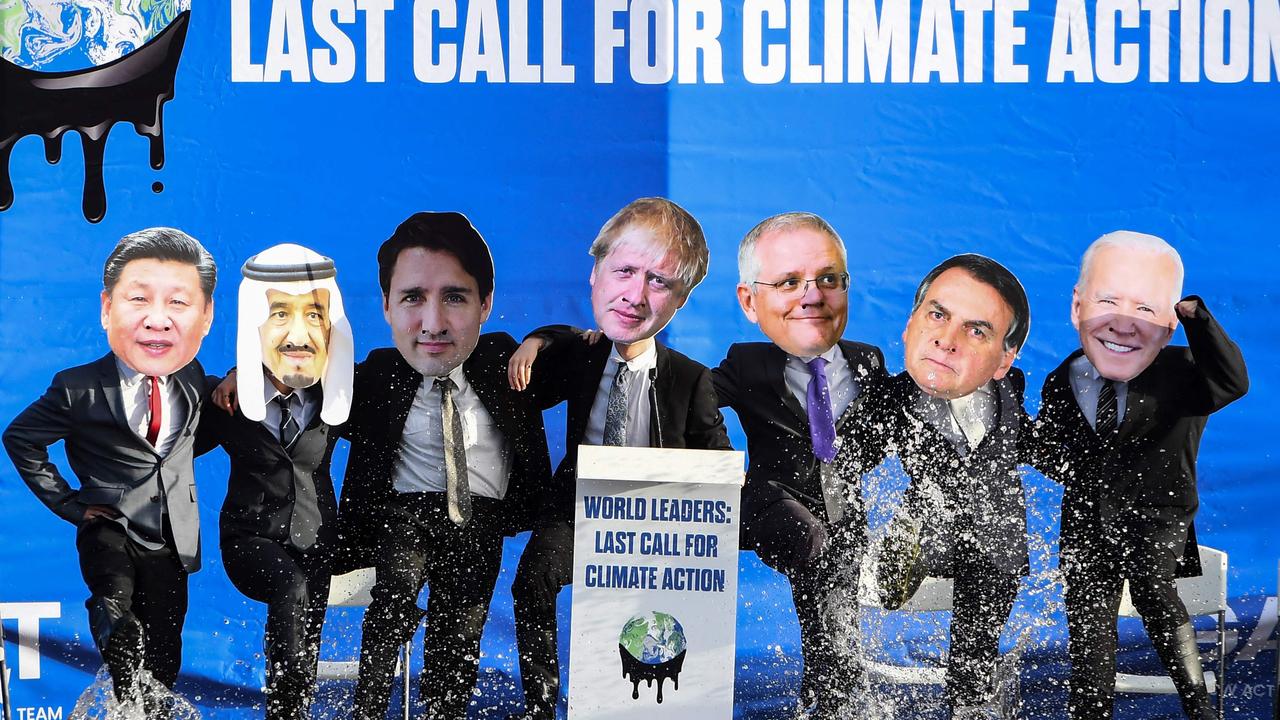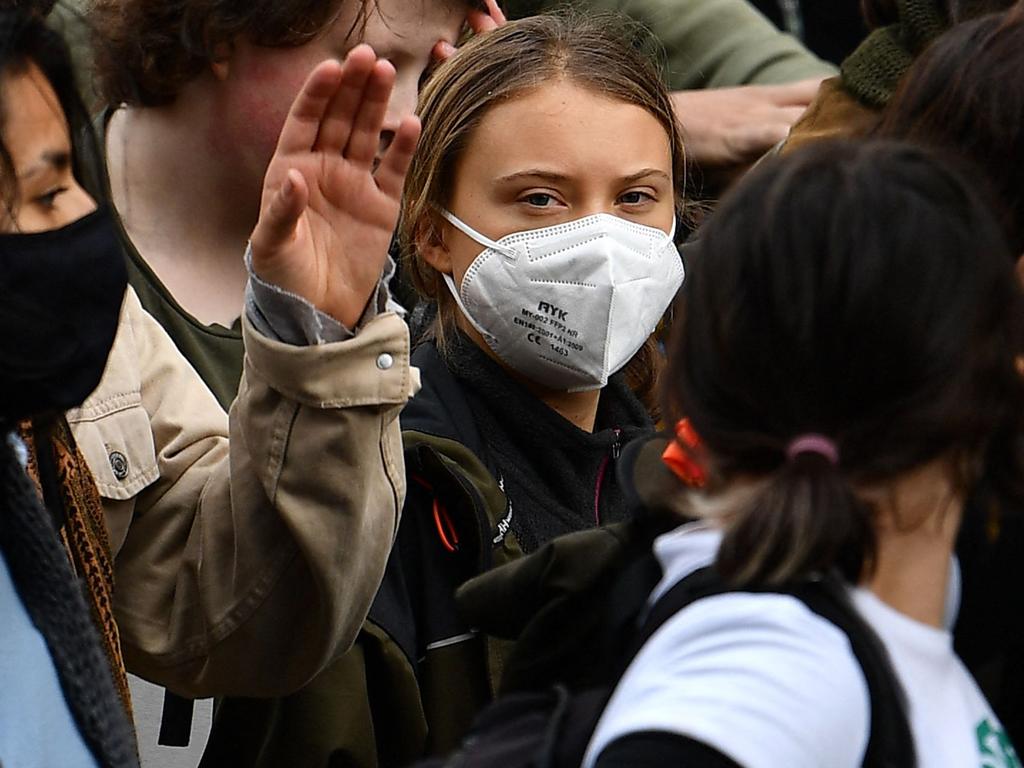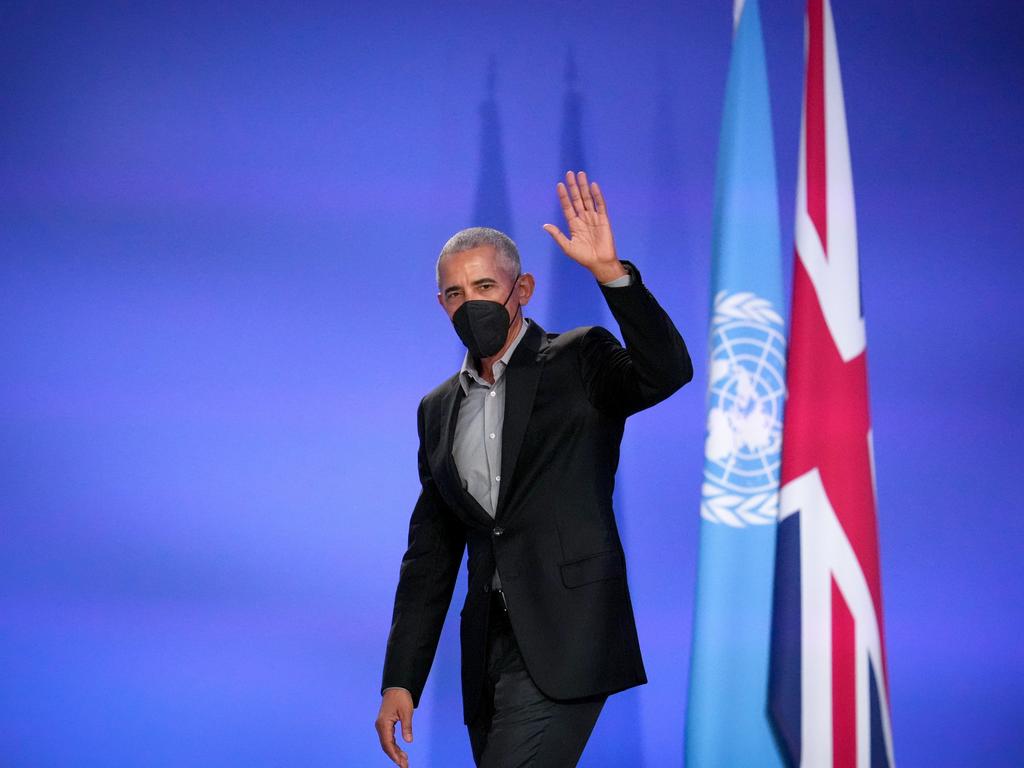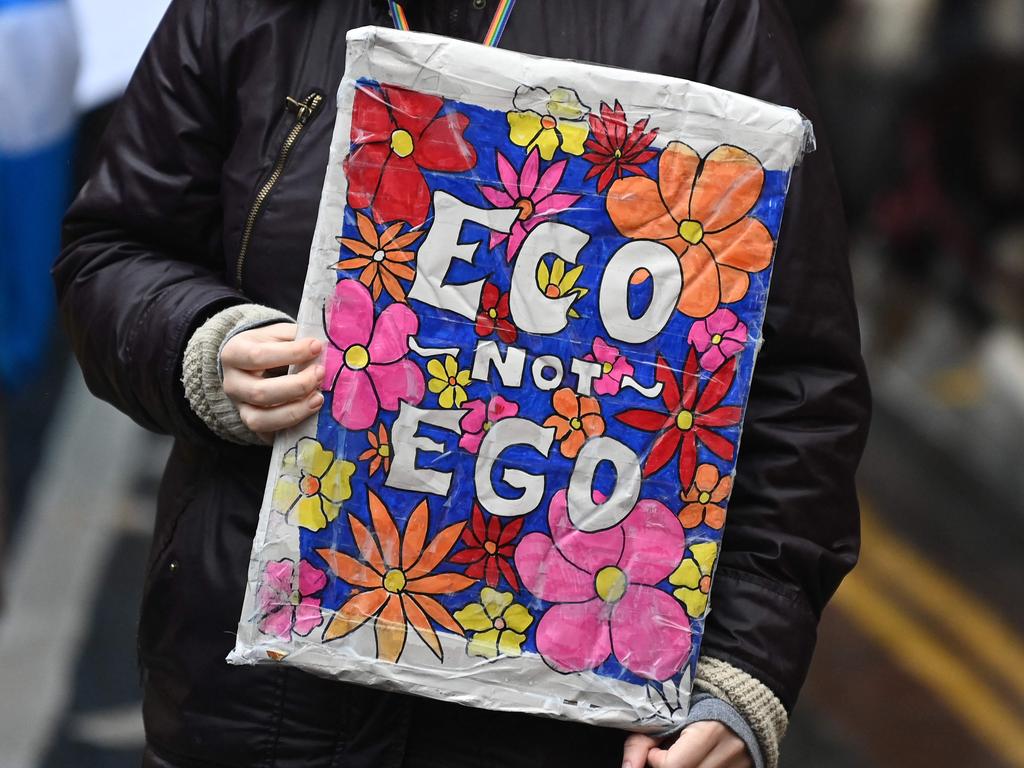COP26: What got decided and what it means for Australia
Greta Thunberg called it a failure, but observers reckon the COP26 summit in Glasgow has shifted global climate politics forever. Here’s how the world changed.

Did the Earth move for you too? As the two-week COP26 conference draws to a close in Glasgow this weekend, with delegates haggling over the wording of the final summit statement, the people who believe the planet should remain habitable – and that’s pretty much everyone these days – are cautiously optimistic the event will prove to be a turning point.
Detractors remain, of course. Climate contrarians seized upon the absence of Xi Jinping and Vladimir Putin as apparent evidence of faltering international co-operation. And Swedish climate activist Greta Thunberg brandished the summit a “failure,” a “greenwash festival,” and an opportunity for “blah, blah, blah”.
But COP26 did make step changes in a number of key areas.
Rather than focusing on reaching consensus in one catch-all, make-or-break summit statement, host nation Britain pursued a multi-pronged strategy, opening up parallel negotiations and advancing a range of causes at the same time.
Thus there were big ticket pledges to cut methane emissions, phase out coal and end deforestation; plus new, smaller-scale protocols to decarbonise the steel industry, transition to electric vehicles and double the energy efficiency of home appliances.
Surprising contributions came from other quarters, too. Narendra Modi announced India’s first ever net-zero commitment, for the year 2070 (Modi will be a no-doubt-still-spritely 120 by then).
And spatting superpowers US and China vowed to set aside their differences to work together to accelerate climate action this decade.
So yes: the Earth has moved in the past two weeks.
Speaking from Glasgow, Climate Council research director Dr Simon Bradshaw said he had been encouraged by what he had seen.
“I’ve been to many of these COPs [Conferences of the Parties] and this one does feel different,” Dr Bradshaw said.
“There is a sense of momentum here, and a lot of that has come through these big deals that have been announced on the side. There’s a very clear sense Australia has been left further behind the rest of the world, and that’s going to end up costing us economically as well as reputationally. We have a lot of catching up to do.”

Prime Minister Scott Morrison’s big announcement at Glasgow – that Australia would finally join the net zero by 2050 club – was overshadowed by the G20 accusations, and subsequent denials, he had lied to French president Emmanuel Macron over the submarine deal.
While that contretemps boiled over into full diplomatic incident, Australia was also criticised for refusing to back the UK government’s methane and coal pledges, and refusing to update its official 2030 goal to cut emissions by 26-28 per cent from 2005 levels.
Dr Jonathan Symons, a global climate politics expert from Macquarie University, offered a blunt assessment of Australia’s performance at Glasgow.
“We had a poor reputation going into the conference, and we’ll leave it with an equally poor reputation on climate questions,” Dr Symons said.
That matters in two relationships, Dr Symons said: with the Pacific Island nations – “where competition with China is played out, and our reputation on climate is a major impediment” – and with the US.
“President Biden has made leadership on climate central to his presidency and central to restoring the USA’s reputation for leadership after the Trump presidency,” he said.
“Australia’s failure to match the USA’s enthusiasm for taking climate action is not the central issue in our relationship, but it is one of the most significant irritants in that relationship.”
For Dr Symons, Glasgow’s most significant moment came toward the end of the first week, when modelling of the updated emissions pledges that had been made suggested for the very first time global warming might be kept to under 2 degrees.


The International Energy Agency [IEA] said if every single promise to cut emissions is kept, warming just might stop at 1.8 degrees, while the science think tank Climate Resource put it at 1.9 degrees.
Global warming has long fed concerns of imminent catastrophe – one infamous US Defence Department report from 2004 prophesied European capitals would go under water by 2020 – but some observers have wondered if the IEA and Climate Resource modelling may shift the climate debate in a more profound way.
By showing that catastrophe might just be averted if the right policies are in place, the Glasgow conference may have given the people of the world the most important, Earth-shaking thing of all: hope.
IEA executive director Fatih Birol described the new pledges that had been made at COP26 as a “big step forward”.

Others say the IEA projections are off, and the world still faces imminent peril.
The UN claims the world is still tracking towards 2.7 degrees of warming – a nightmare future which all but guarantees the permanent bleaching of Australia’s Great Barrier Reef.
All observers agree more ambitious pledges will be needed, as well as mechanisms to ensure countries stick to them.
“Historically, pledges have not been fulfilled, so pressure needs to remain on national politics to see those pledges fulfilled,” Dr Symons said.
“No one should feel complacent that those pledges mean that we’re going to avoid dangerous warming. It will only be if political attention, corporate attention and society’s attention remains on the issue that we will reach those targets.”

One idea proposed at Glasgow was to insist countries bring another round of updated emissions cuts targets to COP27, scheduled to take place in Egypt in November 2022.
This proposal may not make it into the final summit statement from Glasgow, but Dr Bradshaw said there was increasing support for more regular reviews of emissions targets, rather than every five years, as stipulated in the Paris Agreement.
“That proposal is getting a lot of support, including from the US, and certainly from a large bloc of developing countries,” Dr Bradshaw said.
“They will agree on some requirement; whether it’s (a review) every year I don’t know.
“At the very least there will be a call for countries like Australia, that haven’t yet come forward with a stronger 2030 target, to be doing so next year.”
More Coverage
Originally published as COP26: What got decided and what it means for Australia




